World
The modern world cannot be studied without examining the course, impact and legacy of two world wars, the resources in this section set out to look at both the First and Second World Wars in their global context. The section also includes the Cold War and its impact in Latin America, South-East Asia and parts of Africa. This period also sees the rise and fall of European imperialism and the changing nature of global politics and economics as technology brings different stories from so many parts of the world directly to us. Read more
Sort by:
Date (Newest first) | Title A-Z
Show:
All |
Articles |
Podcasts |
Multipage Articles
-
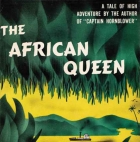
The Story of the African Queen
ArticleClick to view -
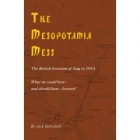
The Story of the First War in The Middle East over Oil
ArticleClick to view -
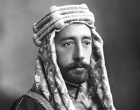
The Sykes-Picot agreement and lines in the sand
ArticleClick to view -
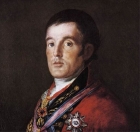
The Undergrowth of History
ArticleClick to view -

The United Nations Convention on the Prevention and Punishment of the Crime of Genocide
ArticleClick to view -

The Uses of History in the Twenty First Century
ArticleClick to view -
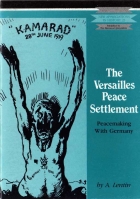
The Versailles Peace Settlement
ArticleClick to view -
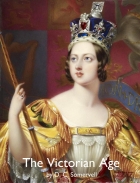
The Victorian Age
ArticleClick to view -

The cultural biography of opium in China
ArticleClick to view -

The great British postwar exodus
ArticleClick to view -

The origins of the Arab-Israeli Conflict
ArticleClick to view -

The shortest war in history: The Anglo-Zanzibar War of 1896
ArticleClick to view -
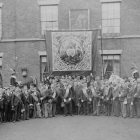
The world in 1913: friendly societies
ArticleClick to view -

Volunteers to a man: an industrial workplace goes to war
ArticleClick to view -

WWI and the flu pandemic
ArticleClick to view -

War Plan Red: the American Plan for war with Britain
ArticleClick to view -

Webinar series: The Olympic Games
Multipage ArticleClick to view -

Western Dress and Ambivalence in the South Pacific
ArticleClick to view -
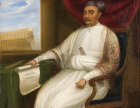
What Have Historians Been Arguing About... the British Empire and the age of revolutions in the global South
ArticleClick to view -
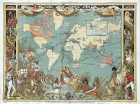
What Have Historians Been Arguing About... the impact of the British Empire on Britain?
ArticleClick to view

